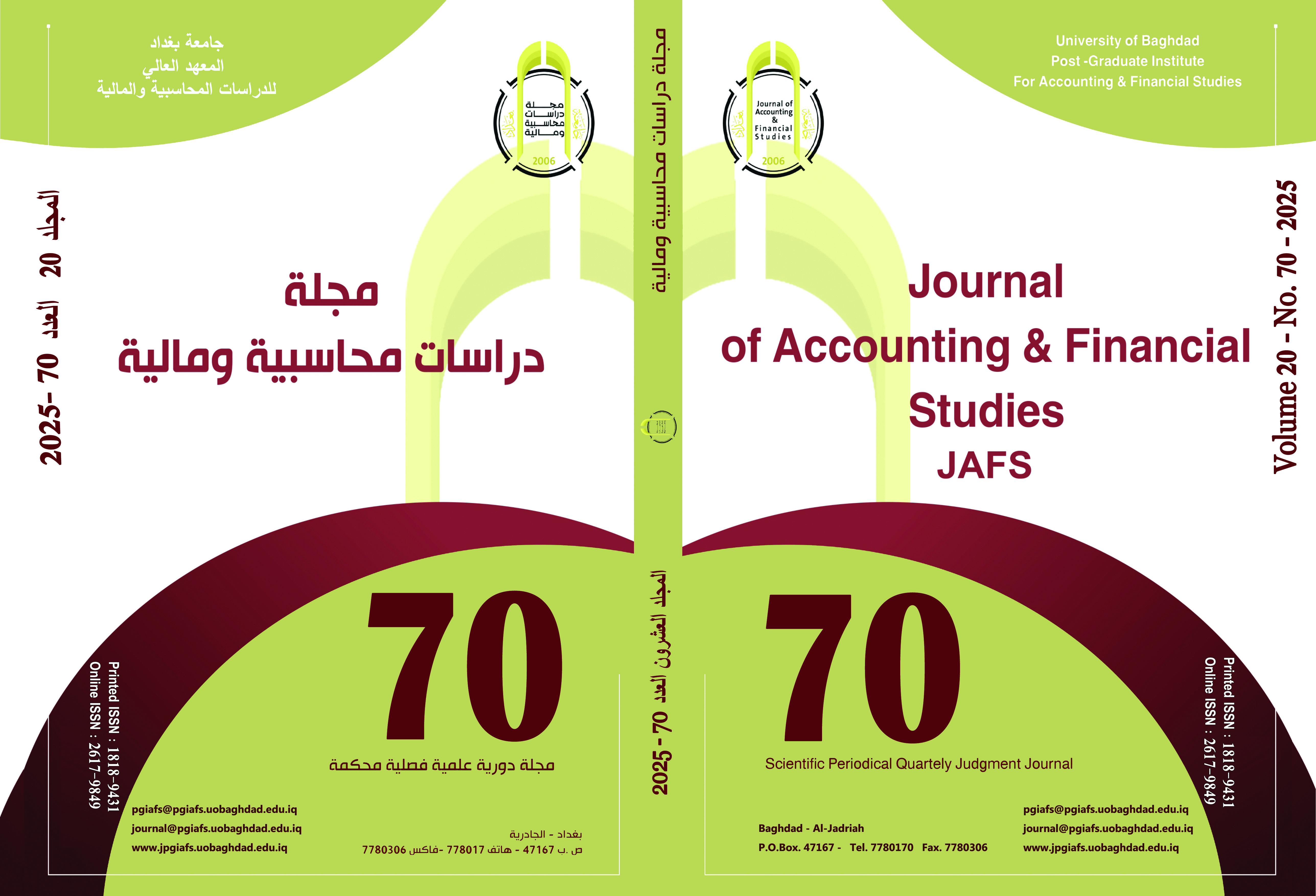Human Resource Management Inefficiency and Tax Management
DOI:
https://doi.org/10.34093/n4c1mp10Keywords:
Tax Avoidance, Tax Management, Human Resource Management InefficiencyAbstract
Human resource (HR) costing, documented as one of the cost components influencing a company's profit and loss, is subject to tax investigation and proceedings within allowable expenses in Articles 147, 148, and 149 of Iran Tax Laws. In this sense, spending on HRs and benefiting their power demands efficient management. Given the costs incurred for HRs, inefficiency in HR management arises in case of the under-use or over-use of this power. The present study aimed to reflect on the relationship between the inefficiency of HR management and tax management in the companies listed on the Tehran Stock Exchange. For this purpose, tax management was evaluated by three measures of cash tax avoidance, accrual tax avoidance, and book-tax differences, and then the inefficiency of HR management was assessed with reference to the models developed by (Richardson, 2006) and (Pinnuck and Lillis, 2007), which were based on under- and over-investment in HRs . The statistical sample also consisted of 180 companies operating from 2014 to 2023. The study results revealed that over-investment in HR costing could not affect tax management, but under-investment could have simply a significant positive effect on accrual tax avoidance.
Downloads
Published
Issue
Section
License
The copyright is transferred to the journal when the researcher is notified of the acceptance of his research submitted for publication in the journal.



